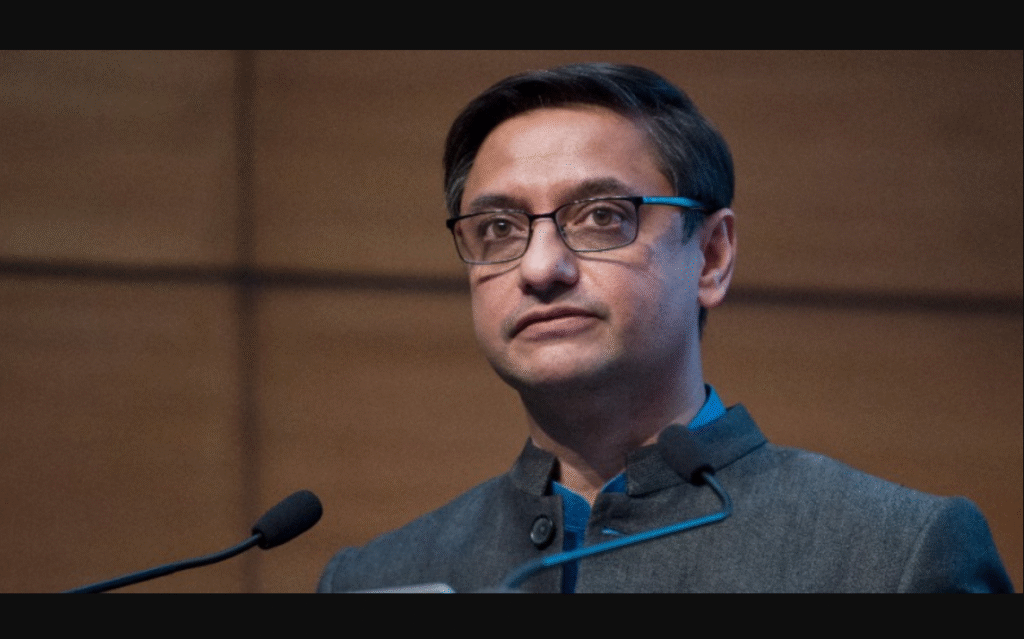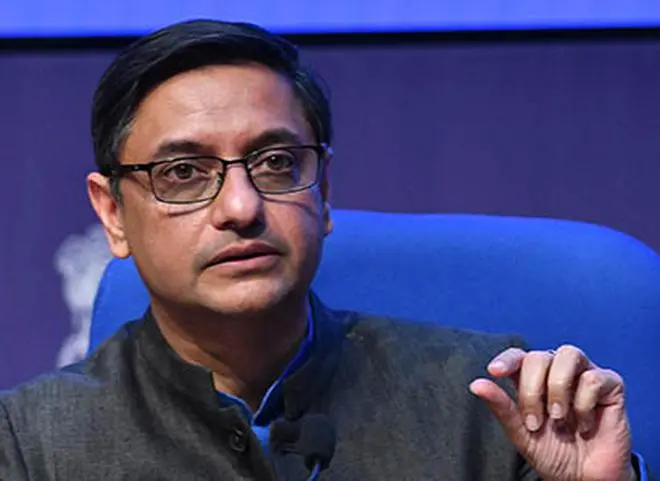In the midst of growing debates on institutional efficiency and India’s path to becoming a developed nation by 2047, economist and PM’s Economic Advisory Council member Sanjeev Sanyal has spotlighted the judiciary. His comments address rising concerns over delays, case pendency, and legal procedures that hinder governance and economic growth.
Labeling the judiciary the “single biggest hurdle” to Viksit Bharat, Sanyal argued that a reformed legal system is essential for India’s developmental goals. He criticized lengthy court vacations, rooted in colonial traditions like summer and Dussehra breaks, noting that other essential services operate year-round. “This cannot go on,” he said, advocating for a more responsive system.
Sanjeev Sanyal talks about Outdated Practices
Sanyal targeted colonial relics such as addressing judges as “My Lord” and petitions as “prayers,” calling them outdated in a modern republic and urging their removal. He emphasized that such practices undermine the judiciary’s credibility and reinforce a subservient mindset that conflicts with India’s democratic values.

Procedural Delays
He highlighted the failure of mandatory pre-litigation mediation, which often adds delays, and called for simpler laws, fewer exceptions, and a more accessible legal framework. Sanyal pointed out that complex procedures disproportionately affect small businesses and citizens, necessitating a streamlined approach to ensure timely justice.
Collegium Reform
Sanyal suggested revisiting the collegium system, advocating for transparency and merit-based judge appointments over traditional practices. He argued that the current opaque process risks appointing less competent judges, proposing an independent body to enhance accountability and public trust.
Leveraging the Technology
In the age of rapidly evolving technology, Sanyal emphasized the need to make legal services more accessible to the common man. With advancements in artificial intelligence (AI), individuals can now harness tools to better understand and argue their cases, provided they are equipped to use them effectively. He advocated for policies that enable citizens to utilize AI and other technologies to engage with the legal system, reducing dependency on costly legal representation and leveling the playing field. Integrating technology into the judicial process, he suggested, could democratize access to justice and empower citizens to navigate legal challenges more efficiently
Way Forward
As India aims for rapid transformation, Sanyal’s critique emphasizes that an efficient judiciary is vital for Viksit Bharat by 2047. He urged moving judicial reforms from discussion to action, suggesting a time-bound roadmap to address pendency and modernize the system within the next five years.


